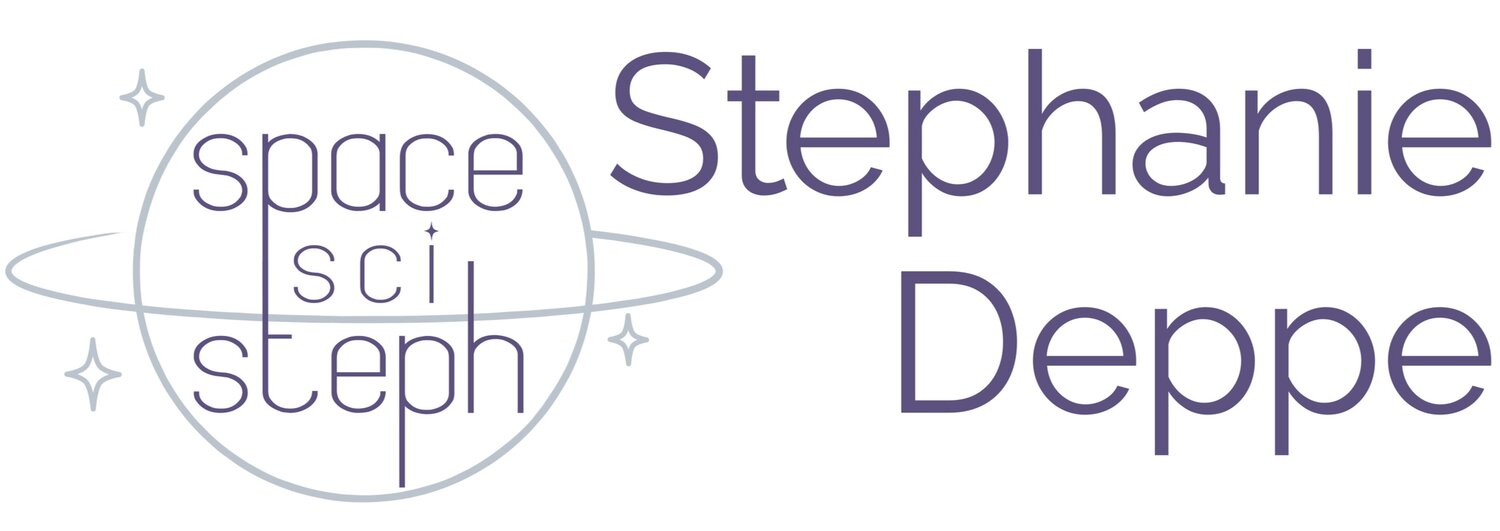*This page is ever-evolving. If you have suggested additions, please get in touch!*
So you want to break into SciComm??
But maybe you’re not sure how. You don’t have experience yet, or you want to try your hand at communicating your research with different audiences.
My biggest piece of advice? Just start!
If you don’t know where to start, I’d recommend looking for opportunities within your department or school. There are also tons of organizations or programs online for both new or experienced science communicators. Here are some things to get you started! (Note: mostly US-based, because that’s where I am)
Advice and general resources
Finding science communication opportunities as a researcher (Eva Amsen)
Top 10 Tips for Breaking Into #SciComm (Paige Jarreau)
Try out the De-jargonizer or Simple Writer to simplify your language!
500 Women Scientists’s database of resources here
Dan Vahaba’s SciComm Resources
List of research papers on the science of science communication.
Organizations to join
Massive Science consortium — they almost always have a code for a free membership
NPR SciCommers (free to join)
Science Talk (free to join)
Twitter (yes, seriously. #scicomm is huge there! Also follow #sciengage)
Getting formal training
ComSciCon — a science communication conference for graduate students (free for accepted applicants)
RELATE — a science communication training organization at the University of Michigan
ENGAGE — a science communication training organization at the University of Washington
Science Communication Online Programme (SCOPE) at Northwestern University
Portal to the Public — find one near you!
Santa Fe Science Writing Workshop — an annual science journalism workshop (must pay to attend)
Breaking into science writing
Massive Science and NPR SciCommers both have writing/peer editing programs
ScienceBites sites
The Open Notebook (especially the pitch database)
Read the Science Writing News Roundup newsletter by Marianna Limas
Contact your local Science Writer’s Association
Examples: SANDSWA (San Diego), DCSWA (D.C.)Advice: Find writers whose work you love, and analyze what you love about it.
(My favorites: Ed Yong, Shannon Stirone, Nadia Drake, Phil Plait, Emily Lakdawalla)Advice: Contact your department or college to see if they have any opportunities!
Talking about science
Astronomy on Tap (for astro folks)
Making your science communication accessible
ColorBrewer palette generator
Stephanie’s inclusive event resources document
Text and color contrast resources
Finding a SciComm job
Search #scicommjob or #scicommjobs on Twitter
Follow Erin Winick for her semi-annual scicomm internships thread (like this one from 2019)
Read this amazing page by Virginia Schutte
Check this spreadsheet curated by SciJournr
Also, subscribe to the SciJournr newsletter — new curated list of postings every week!
Subscribe to the ScicommOps newsletter: scicommops.substack.com
The Science Writing News Roundup newsletter by Marianna Limas always includes a jobs section
Sign up for the COMPASS newsletter — a monthly email that includes a job announcement section
Scroll to the bottom of the home page to sign up.Check out SciComm Board
Not necessarily paid, but SciReach.org hosts a searchable collection of scicomm initiatives.
Make sure you join the NPR SciCommers slack team to get access to their jobs and opportunities channel!
Search on sites like Indeed or LinkedIn Jobs — but make sure you narrow down your keyword searches to get a not-totally-overwhelming list!
Tell people you’re actively looking! You never know, maybe you’ll be the person they think of when they come across that next posting.
Science communication conferences and events
See spreadsheet here. A sampling of events is below:
ComSciCon (plus chapter workshops year-round)
Inclusive SciComm
Reclaiming STEM
Science Writers
AAAS Annual Meeting
SciCommCon
World Conference of Science Journalists
SACNAS
